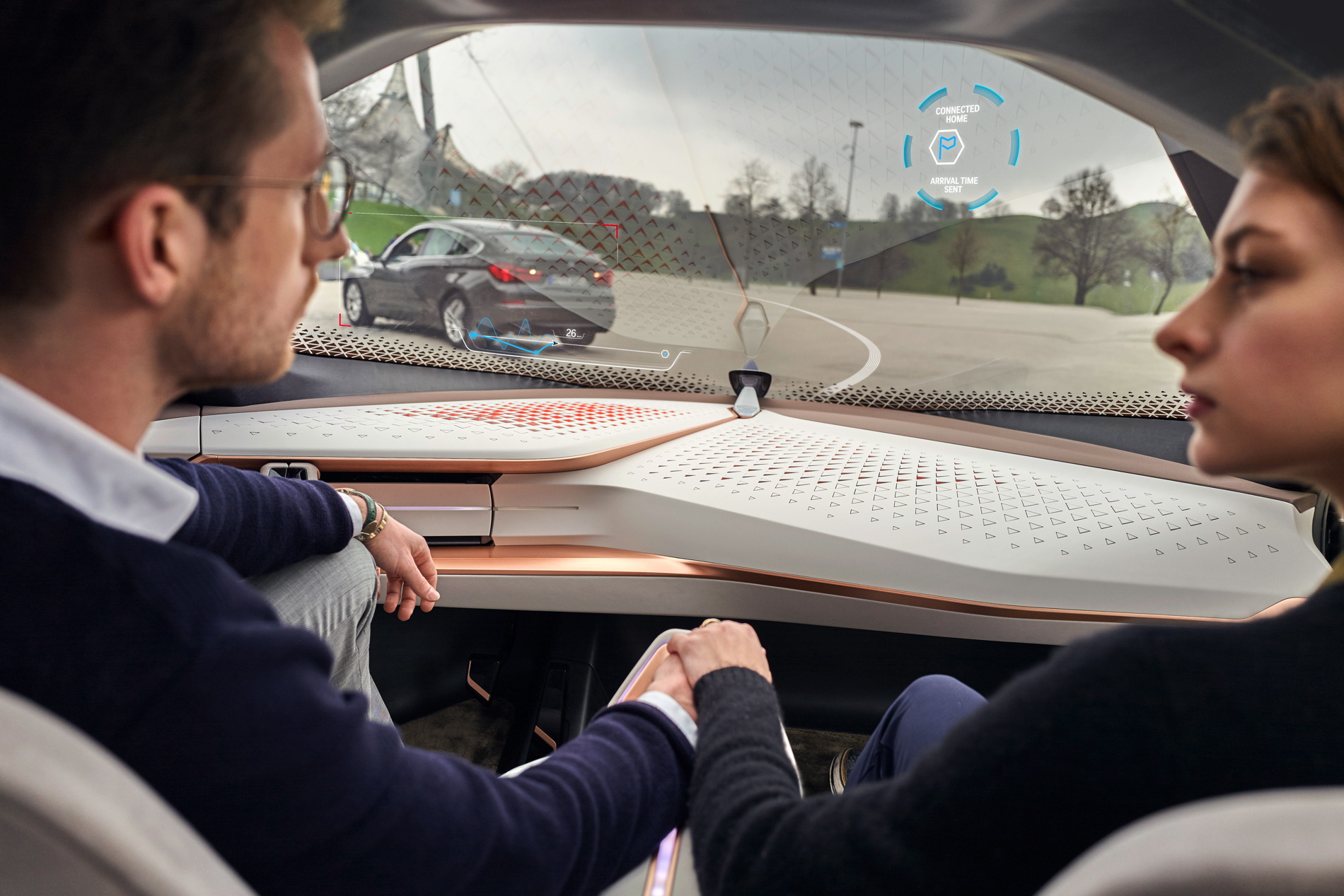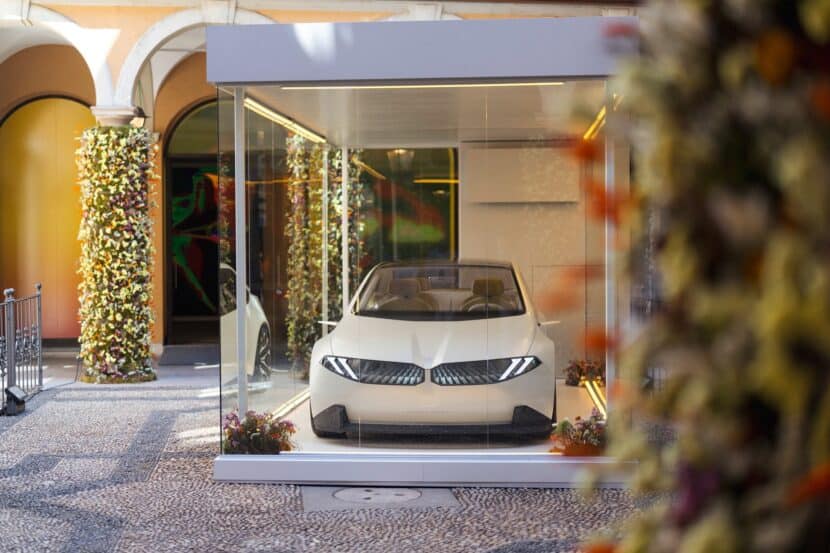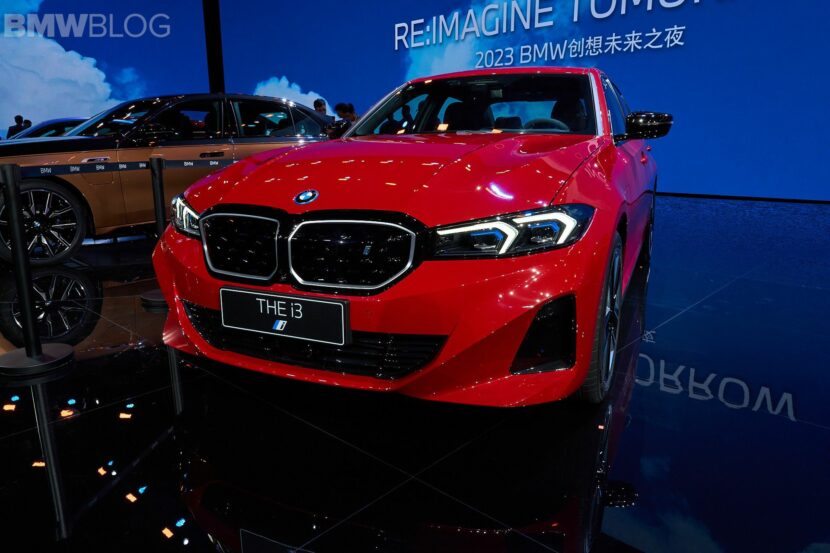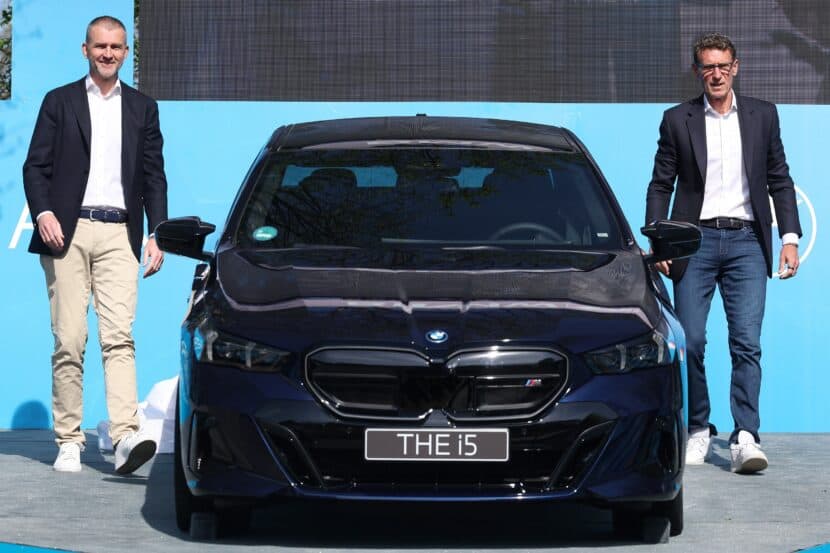There are many questions surrounding the self-driving car. How will it handle every situation? What will it do when another driver on the road does something unpredictable? Will it be able to make a life or death choice? All of these questions cause car buyers to fear the future of autonomous driving technology. This fear, according to BMW’s Head of Sales and Marketing Ian Robertson, will be what slows down self-driving technology, not the tech itself.
“We are going to see cars becoming a lot safer, but there is going to be a mismatch for decades. The legislation around it is also very immature and we are just beginning to ask the questions ‘What If’,” Robertson told Drive.
According to Robertson, people just aren’t ready yet, even if technology is. “Does the car have the ability to answer the life or death question? Yes it does. Are we ready for that? No we’re not. It will be limited not by the technology but by society.”
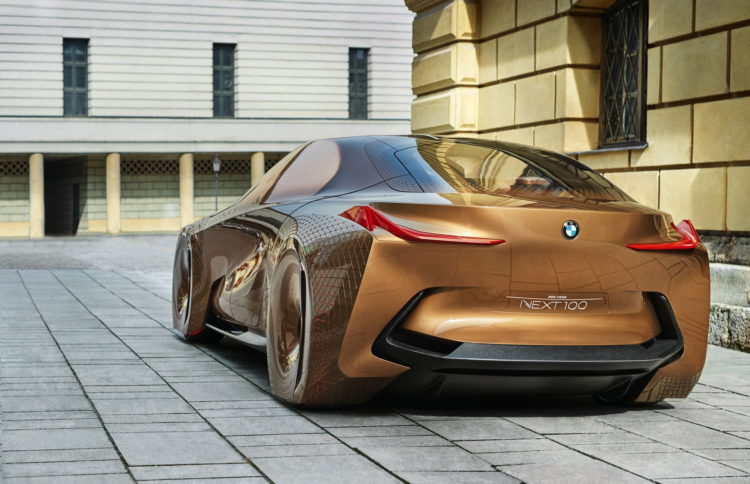
Robertson talks about how planes have autopilot systems and can fly from one end of the country to the other completely without human interaction. Despite not technically needing pilots, no passenger would feel safe without one. We sort of have horse blinders on when it comes to human interaction in vehicles.
He mentions how, last year in the US, 40,000 people died in car crashes, yet people drive everyday without fear. Yet, if there were even half of those numbers in planes with autopilot systems, we’d all vote to ban air travel. “I look at the US, where 40,000 people died on the roads last year. If we said we could halve that, we’d all say that was a really good step. But on the other hand, if 20,000 people fell out of the sky in aeroplanes each year we wouldn’t be flying,”
But the auto industry is far more complicated than the air travel industry. Planes in the sky are monitored by air traffic control and don’t have dozens of other planes pulling out in front of them or changing lanes at the last second or not using their turn signals. Compared to air travel, automotive travel is absolute chaos.

“So our perceptions of what this looks like is not easy. How this develops will not be limited by the technical steps but it will be limited by the other things around it, what we’re prepared to accept and how we’re prepared to accept it. And we’re really not ready, as a world, for a machine to make that final decision yet.” said Robertson.
Despite BMW’s lofty goal of creating a fully Level-5 autonomous car by 2021, Robertson doubts that legislation will move fast enough. He claims that current worldwide legislation on autonomous driving is antiquated. “The legislators are saying various things; How do you certify it? How do you regulate it? How do you put the boundaries around it? There are simple parts of this and there are more complicated parts of this, so if you look at low speed restricted areas it is easier to do than high-speed un-restricted areas. I think we’re going to see parts of the mobility world enabling quicker than others, but will it be universal or global, no it won’t… it will take a long time.”
It’s going to take a long time for both the consumer and the world’s governing bodies to get used to autonomous driving. Far longer than the technology will take to develop.
[Source: Drive]


